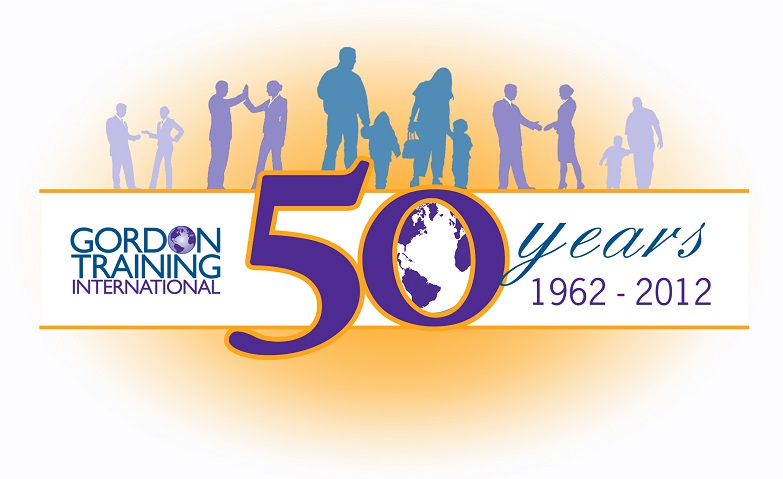Guilt
I used to go to sleep feeling remorseful 70% of the time. I remember telling my husband this when our oldest was still an only child. "Lose the guilt!" he said in shock.
Hah, easier said than done. To the reader who requested this topic, this one's for you AND for so many of us.
A complex thing, guilt can be paralyzing or energizing:
“Sometimes, a parent’s sense of guilt at her own anger toward her child can prevent her from being aware of, or even caring about, a ruptured connection. Unfortunately, this guilt can block the initiation of repair and deepen the distance between parent and child. . . It is more helpful to use our energy to explore the possible routes to reconnection and see these times as learning opportunities rather than to belittle ourselves for what we think are our failings.”
“In contrast to our habit of beating up on ourselves, healthy shame is the signal that we have strayed from our deepest life values—it draws attention to a contracted, diminished sense of self—and it can energize us to realign with our hearts. Similarly, guilt focuses attention on our unskillful actions and can lead us to admitting our mistakes and making amends however we are able.”
Since P.E.T. is a skills-building course, how might we use what we know to harness the power of guilt to better our relationships?
I think the key lies in the Behavior Window, and in including ourselves in our ever-growing understanding and compassion.
Use the Behavior Window as a Mirror
This helpful paradigm is normally employed in our relationships with others. Dr. Gordon says we are always looking at behavior out there through a particular window we have for the actor. Depending on where a behavior falls, we apply different skills to accomplish what needs to get done.
For instance, when our child has a problem, we know to use helping skills so she may achieve insight into and resolve her own challenge. When we have a problem, we skillfully confront to help her understand our needs and change her unacceptable actions.
Sometimes, though, things are not so straightforward. Many of us have struggles in the top box. We can understand that it lies above our Line of Acceptance but we'll be darned if it feels like it when the cues that our child has unmet needs -- hitting, yelling, whining, lying, rolling eyes, pinching, grabbing etc. -- trigger our anger and judgment.
- How dare he lay a hand on his little sister!
- She did not just disrespect me like that!
- How old is he anyway? What the heck! Why can't he keep it under control like the other kids?
Rather than reaching for Helping Skills, we snap. Maybe we even find ourselves doing some of the very same behaviors we blame them for -- hitting, yelling, pinching, grabbing etc. And, oh, the sarcastic put-downs I have uttered!
But of course, when someone is drowning emotionally is not the time for a swimming lesson. It often gets ugly and spirals out of control.
After we finally come to, many of us begin a solid round of self-flagellation:
- I should know better! (Lecturing)
- I could be damaging him for life. How much damage have I already done? (Warning, Probing)
- I'm supposed to be the adult! (Moralizing)
- What's wrong with me? Something is really messed up in me. (Probing, Judging)
- I am a terrible father. (Judging, Name-calling)
- OMG, I am turning into my mother. (Analyzing)
- This is payback for all those times I didn't listen and misbehaved. What goes around comes around. (Preaching)
- Yeah, that was really effective. Excellent job using your P.E.T.! (Sarcasm)
But remember, Roadblocking anyone impedes insight, growth and resolution of the problem.
Why not consider turning the Behavior Window toward ourselves (kind of like in this exercise which asks us to replicate how we would treat a good friend)?
Using a Behavior Mirror (wink!) and placing ourselves lovingly in the top section, we can get a different perspective on those times we act in ways we regret:
- We are off-kilter emotionally because we are having trouble meeting some valid need.
- Just like our children, we deserve special support right then.
- Our behavior might only be a presenting problem, warranting further gentle investigation.
We can then opt to use the Helping Skills -- Active Listening, Attending, Silence, Acknowledgments and Door-Openers -- to explore what needs of ours are unmet that would lead us to act in such a way.
A big hurdle, though, is drumming up the necessary attitude:
When we think we have harmed our child, we might feel we don't deserve any of that!
Do a Self-Compassion Reboot
Kristen Neff, a leading researcher in this area, acknowledges that it's super hard to pause and recognize our own suffering when we are angry at ourselves for mistreating another. Yet, she stresses, that's precisely the time to do so.
Why? Because our "bad" parenting moments are not under our conscious control:
“If we closely examine our “personal” failings, it soon becomes clear that they are not there by choice. Typically, outside circumstances conspired to form our particular patterns without our input . . . Clearly you don’t have complete control over your actions, or else you’d only act in ways that you approved of. So why are you judging yourself so harshly for the way you are?”
This self-compassion, let's be clear, is not self-indulgence or giving ourselves permission to harm our children! When we forgive ourselves, we can experience a shift in energy that lets us make better choices.
Instead of remaining mired in painful self-criticism (a focus on ourselves), we can use self-compassion techniques to "reboot" our heart and mind and direct our attention where it belongs: on the child we've hurt. It is clearer now that she was just doing the best she could in the moment too.
“By being more understanding and accepting toward ourselves, we can also be more understanding and accepting toward others. By honoring the limitations of our own human imperfection, we can be more forgiving of others’ mistakes. By soothing and comforting ourselves when feelings of insecurity arise, we provide ourselves with the sense of safety needed to explore the emotionally complex world inhabited by other people.”
Because we are ALL deserving of the full force of the P.E.T. approach -- skillful assistance characterized by genuine acceptance and empathy -- let's co-opt one of the class mantras to now read:
WE need our compassion the most when WE seem to deserve it the least.
And there's another big point!
Our kids are watching how we relate to ourselves. I, for one, would not wish my inner critic on any of my children. I want them, throughout their long lives, to treat themselves like a cherished best friend.
That modeling starts with a new relationship to guilt. When we have just done something unspeakable to our child, there will still be those agonizing pangs -- we can't control them, but we CAN change how we relate to them.
My aim is to keep it short and sweet: thank the guilt for reminding me of my true intentions and then bid it goodbye as I treat the experience as a learning moment. Not only do I owe it to myself but I have an important audience I'm trying to impress.
I like Neff's self-compassion mantra on page 119. She silently repeats it whenever she is noticing something she doesn't like about herself:
This is a moment of suffering.
Suffering is part of life.
May I be kind to myself in this moment.
May I give myself the compassion I need.
In Tara Brach's moving story, one mother anguished over her relationship with her fifteen year old son until she finally realized: "By letting go of the blame—most of which I was aiming at myself—I created room for both of us in my heart.”
Credits: Guilty mom (http://media4.onsugar.com/files/2013/02/06/1/192/1922398/netimgYgtEr3.xxxlarge/i/Why-We-So-Full-Guilt.jpg)





